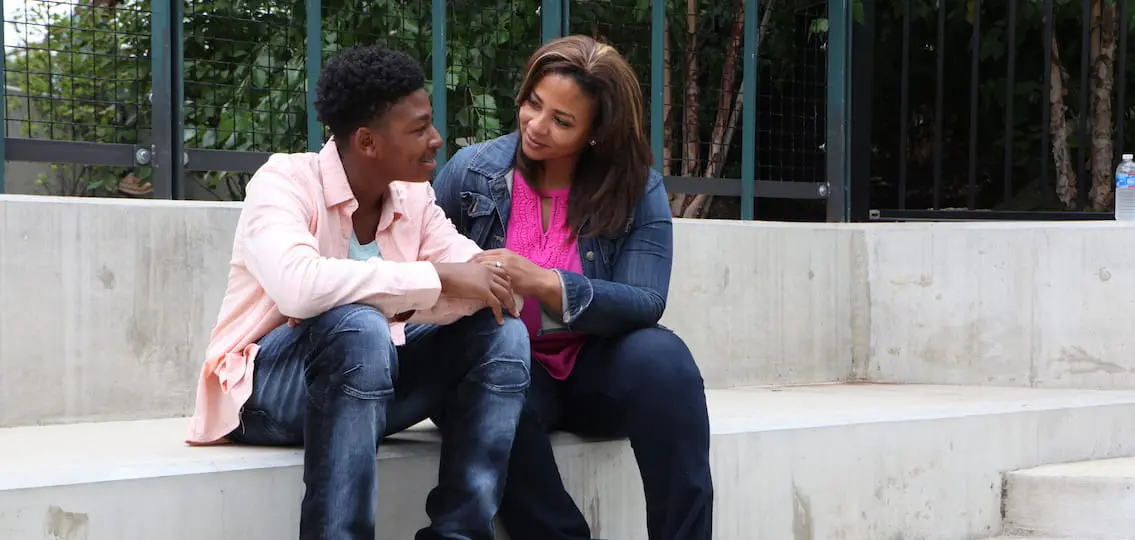Most parents want to be their teen’s first call for help when they’re in trouble. And surprisingly, most teens report that they also want their parents to be their first call for help. The challenge, for both parents and teens, is in making this mutual goal a reality.

3 Ways to Be There for Your Teenager:
1. Make talking part of your routine.
Despite the common desire, successful communication between your teen and you can be challenging at best and feel downright impossible at worst. Fortunately, the best way to communicate is simply to make sure to talk with your teen on a regular basis.
Confidential, uninterrupted time with your teen may take place in the daily sanctuary of riding home from school or sports, eating lunch on a shopping trip, or sharing a snack at home when other family members are away. Having a practice or pattern of time to connect gives teens ongoing opportunities to reflect and share.
2. Be supportive.
Ask your teens about their day and assure them that you can handle whatever concerns or questions they have. A parent who says, “I know it’s not easy to talk about, but I want to help you,” gives a message of reassurance, acceptance, and help in challenging times.
3. Be available.
While it is normal for teens to confide in peers, the best message that they can hear from you is, “You DO know that you can come to me or to us at anytime for anything. You DO know that, don’t you?” If you feel ill equipped to broach difficult subjects that may come up, you and your teen can select a trusted adult or family member to act as a bridge.

Open and meaningful communication is hard work in any relationship, and family relationships are no different. Maybe it can be a struggle, but for the well being of our children, it is worth the effort.




